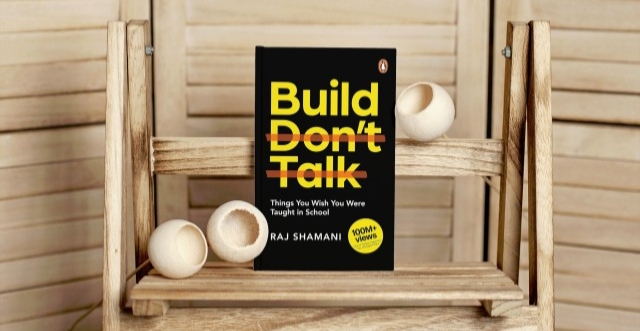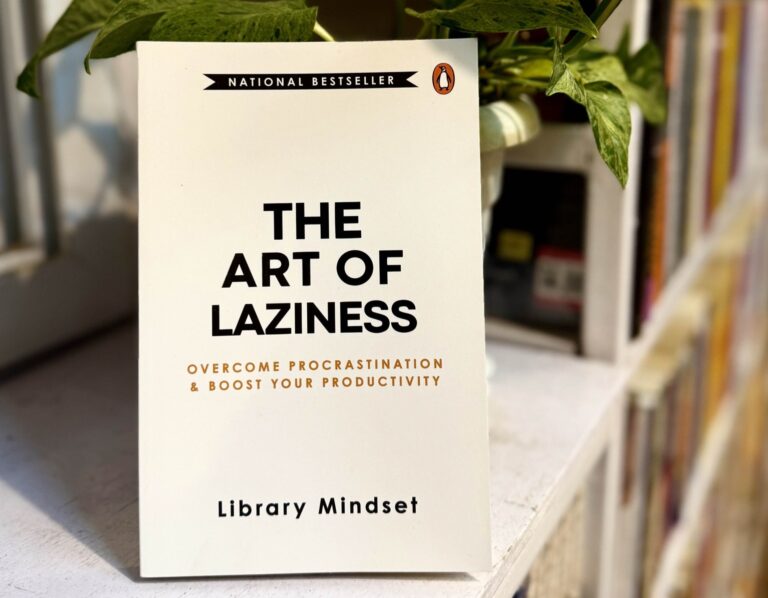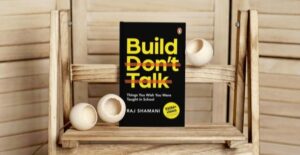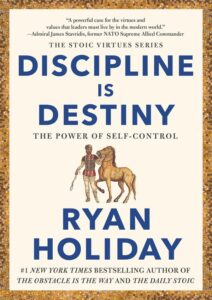There are books that entertain, and there are books that demand something of you. 12 Rules for Life is firmly in the second category.
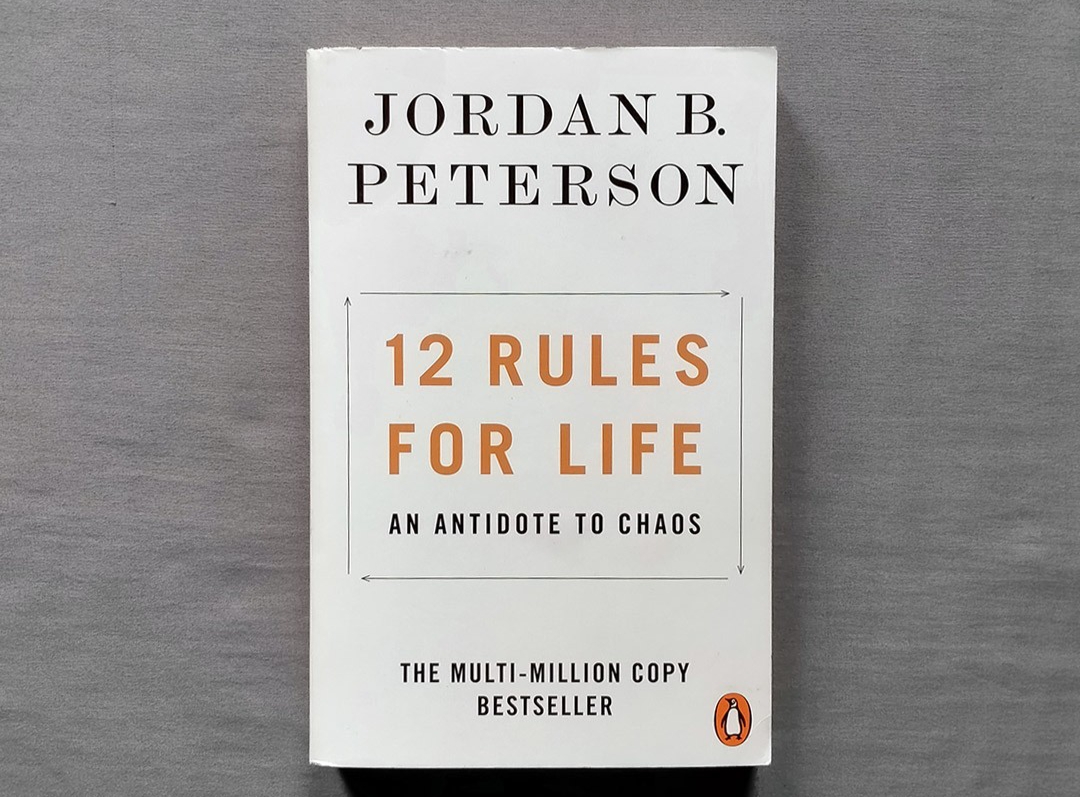
It doesn’t flatter, it doesn’t reassure — it challenges. Jordan Peterson, a clinical psychologist and professor, takes the chaos of existence and builds a ladder of principles to climb through it.
This isn’t a guide for the faint-hearted. It’s a stark mirror that reflects discomfort and asks you to confront it. With stories from mythology, psychology, religious symbolism, and real life, Peterson builds his argument slowly, heavily — but honestly. You can agree with him, resist him, even dislike him — but you’ll struggle to ignore what he’s saying.
The Twelve Rules, as Lived
Each chapter begins with a rule. But Peterson doesn’t just hand you the rule — he makes you earn it. He wanders through evolutionary biology, scripture, Dostoevsky, childhood trauma, and parenting — not to confuse you, but to show how deep the roots of truth go.
Here’s how the rules settle once they’re stripped of structure and felt in real life:
- Stand tall. Don’t flinch. The way you carry yourself isn’t just physical — it’s psychological. Your posture tells the world whether you’re ready to face it.
- Care for yourself like you would care for a loved one. Somehow, we extend more compassion to others than we do to ourselves. Why?
- Choose your circle wisely. The people around you shape you. Not all friendships are worth keeping.
- Stop measuring your life by others’ timelines. You’re running a different race. Your only real competitor is the person you were yesterday.
- Discipline your children so you can love them properly. Chaos in a child isn’t innocent. It grows, and it will demand a price.
- Clean your room. Not just literally. Fix what’s broken in your world before preaching to others.
- Do what has meaning, not what’s easy. Expedience is a trap. The meaningful path is harder, but it’s where the soul breathes.
- Tell the truth. Or at least, stop lying. Even polite lies distort reality.
- Listen as though you might learn something. Most people don’t listen — they wait to speak. But wisdom hides in humility.
- Speak clearly. Speak exactly. Vagueness breeds confusion. Precision matters — in speech, in thought, in intent.
- Let boys be dangerous. They need risk, challenge, pain — otherwise they don’t grow into men.
- Find beauty in small things. A stray cat, a moment of silence. Amid pain, that’s where peace whispers.
Lessons That Land Harder with Time
There’s something unusual about Peterson’s work — it doesn’t comfort, but it brings clarity. These lessons stay with you not because they’re revolutionary, but because they remind you of things you already knew but didn’t want to face.
- Responsibility isn’t a burden — it’s meaning itself.
Modern life sells comfort, but real depth comes from carrying something — family, purpose, even your own suffering. - The world is chaos, but order starts with you.
Before trying to fix society, your country, your workplace, start with the bed unmade, the apology you avoided, the truth you’re scared to speak. - The truth will burn, but it will clean.
Lies rot from the inside. Even small ones. Especially small ones. Telling the truth feels like exposure — and yet, it heals. - Life is suffering. But you’re not powerless.
This is the hardest part of the book. Peterson doesn’t sugarcoat anything. Bad things happen. Pain is guaranteed. But curling up and blaming the world won’t save you. Choosing meaning over victimhood is the only real way out.
Some Words That Linger
You don’t forget some of the lines in this book. They stick because they say what few dare to say:
“You’re going to pay a price for every bloody thing you do and everything you don’t do.”
“When you have something to say, silence is a lie.”
“To stand up straight is to voluntarily accept the burden of Being.”
“In the absence of rules, we breed monsters.”
“The soul of the individual eternally hungers for the heroism of genuine being.”
These aren’t inspirational quotes. They’re calls to act — to live, even when life is unkind.
Not for Everyone, and That’s the Point
Some will find Peterson too intense. Some will find him too conservative, too old-fashioned, too rooted in ancient metaphors and strict ideals. But 12 Rules for Life wasn’t written to please. It was written to provoke thought, to pull people away from passivity, to give something sturdy in an age of flimsy ideals.
This isn’t an easy read. But it’s a necessary one — especially if you feel lost.
Final Reflection
12 Rules for Life doesn’t give you peace — it gives you tools. Tools to build peace. To rebuild yourself when life breaks you. To step out of chaos and into responsibility, one painful, honest step at a time.
Frequently Asked Questions (FAQs)
Q1. Is 12 Rules for Life a religious book?
No, but it draws heavily on religious stories, especially from the Bible. Peterson uses them as symbolic maps of meaning, not dogma.
Q2. Is this book suitable for beginners?
It’s intellectually dense, but readable. Beginners may find it challenging but rewarding.
Q3. Is it similar to other self-help books?
Not really. It’s more philosophical and psychological — less about hacks, more about deep principles.
Q4. Does the book offer practical advice?
Yes, but not in checklist format. The advice is embedded in storytelling and theory.
Thanks for Reading
For more book breakdowns, simple ideas, and deep reads, check out thebooksx.com. No fluff. Just real thoughts for real readers.
Until next time—stay focused.

